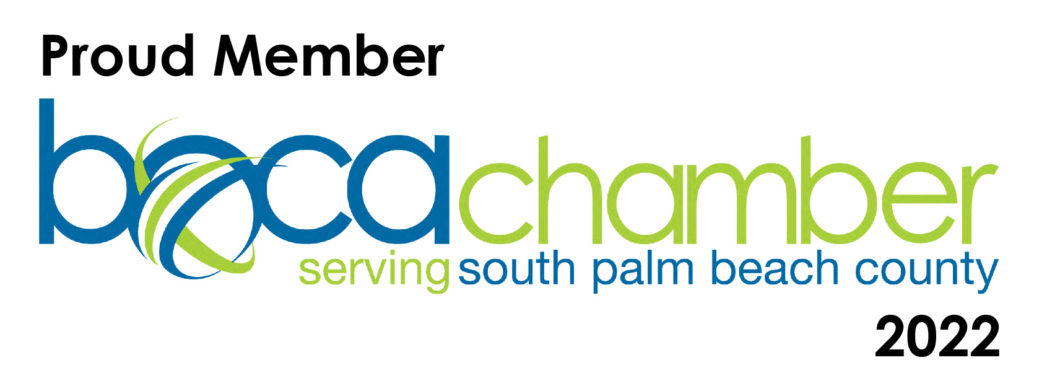In this post, we’ll explore the types of shareholder conflicts that frequently arise, how far back a shareholder can lodge a complaint, and ways to resolve the conflicts in and out of the courtroom.
Shareholder disputes can be complex legal matters that necessitate careful thought and skillful navigation. These occur when shareholders disagree about the administration, operation, or ownership of a company. They can arise for various reasons, including a breach of fiduciary duty, shareholder repression, or a power struggle for control of the corporation.
Resolving a shareholder conflict necessitates a thorough understanding of relevant laws and legal tactics that can be employed to safeguard the interests of all parties involved. Engaging the services of an experienced attorney can help you pursue your best course of action.
It is crucial to work with an attorney who has the skills and experience in corporate law to minimize the risk of financial losses while safeguarding your investment.
In the following sections, we will provide you with a comprehensive guide on resolving shareholder conflicts, the types of conflicts that commonly occur, and how far back a shareholder can file a complaint. So let’s dive in and explore the world of shareholder disputes in Palm Beach County.
Types of Shareholder Disputes
Not all shareholder disputes are equal. Shareholder disputes can arise from a wide range of issues such as disagreements over finances, management, ownership, and more. In general, shareholder disputes fall into three main categories:
-
Minority Shareholder Oppression
Minority shareholders are individuals who own less than 50% of the company’s stock. Minority shareholder oppression occurs when majority shareholders or the company’s management team engage in actions that harm the interests of minority shareholders. Examples of such actions include:
- Excluding minority shareholders from board meetings, important decision making, and sharing important information.
- Refusing to pay dividends to minority shareholders
- Diluting the value of minority shareholders’ stock. Such examples include share issuances or stock splits.
You should seek legal counsel from a shareholder dispute lawyer if you’re a minority shareholder who feels like you’ve been oppressed.
-
Breaches of Fiduciary Duty
Fiduciary duties refer to the legal obligations that directors and officers of a company owe to the shareholders. Included in these duties are loyalty, care, and obedience. They require directors and officers to act in the best interests of the company and its shareholders.
When directors or officers breach these duties, it can lead to shareholder disputes. Examples of breaches of fiduciary duty include:
- Self-dealing, such as using company assets for personal gain
- Conflict of interest, such as approving a transaction that benefits the director or officer more than the company
- Gross negligence or recklessness, such as mismanaging company finances or ignoring legal obligations
If you’re a shareholder who believes that a director or officer has breached their fiduciary duties, it’s important to speak with a shareholder dispute attorney to explore your legal options.
-
Corporate Control Disputes
Corporate control disputes arise when shareholders disagree about the direction of the company or who should be in charge. These disputes can arise from a wide range of issues, such as disagreements over strategic decisions, mergers and acquisitions, or the appointment of new directors or officers.
Corporate control disputes can be particularly challenging, as they can involve complex legal and financial issues. However, with the help of a shareholder dispute attorney, it’s possible to resolve these disputes through mediation, arbitration, or litigation if necessary.
Resolving Shareholder Disputes
There are several strategies that can be employed to resolve shareholder disputes. The three main methods are as follows:
-
Negotiation and Mediation
One of the most effective ways to resolve a shareholder dispute is through negotiation and mediation. This involves sitting down with the other parties involved in the dispute and attempting to reach a mutually acceptable solution.
During negotiations it’s important to remain calm and objective. Avoid letting emotions or personal feelings cloud your judgment. By keeping the focus on the issues at hand and exploring different options for resolution it’s often possible to reach an agreement that satisfies all parties involved.
If negotiations are not successful, mediation is often the next step. Mediation brings in a neutral third-party mediator who can help facilitate discussions and encourage compromise.
-
Arbitration
If negotiations and mediation don’t bear any success, the next logical step for both parties may be arbitration. In arbitration, a neutral third party hears the evidence presented by both sides and makes a binding decision.
While arbitration can be less expensive and time-consuming than going to court it’s important to carefully consider the potential risks and benefits of this approach. An experienced shareholder dispute attorney can help guide you through the arbitration process and ensure that your rights and interests are protected.
-
Litigation
When all else fails, litigation is the only path forward when it comes to resolving shareholder disputes. A lawsuit may be necessary to protect your rights and interests if no other options have worked out.
While litigation can be costly and time-consuming it may be the best option if other methods have failed to resolve the dispute. Ensure that your case is presented effectively by hiring an experienced shareholder dispute attorney who can help you navigate the complexities of litigation.
Helping you navigate corporate disputes
In conclusion, shareholder disputes can be complex and challenging, but with the right strategies and legal guidance, it’s possible to resolve them effectively. Whether you’re dealing with minority shareholder oppression, breaches of fiduciary duty, or corporate control disputes, a shareholder dispute attorney can help protect your interests and ensure a favorable outcome.
If you’re involved in a shareholder dispute in Palm Beach County, Florida, we encourage you to reach out to a qualified attorney who can help you explore your options and find the best path forward. By taking action early and working with a skilled legal professional, you can protect your rights and interests and achieve a successful resolution to your dispute.
We are experienced advocates that vigorously represent the rights of our clients. Call Lubliner Law (561) 207-2018 for a free consultation, or email [email protected] — We’re Here to Help.

 Navigating A Shareholder Dispute
Navigating A Shareholder Dispute 




